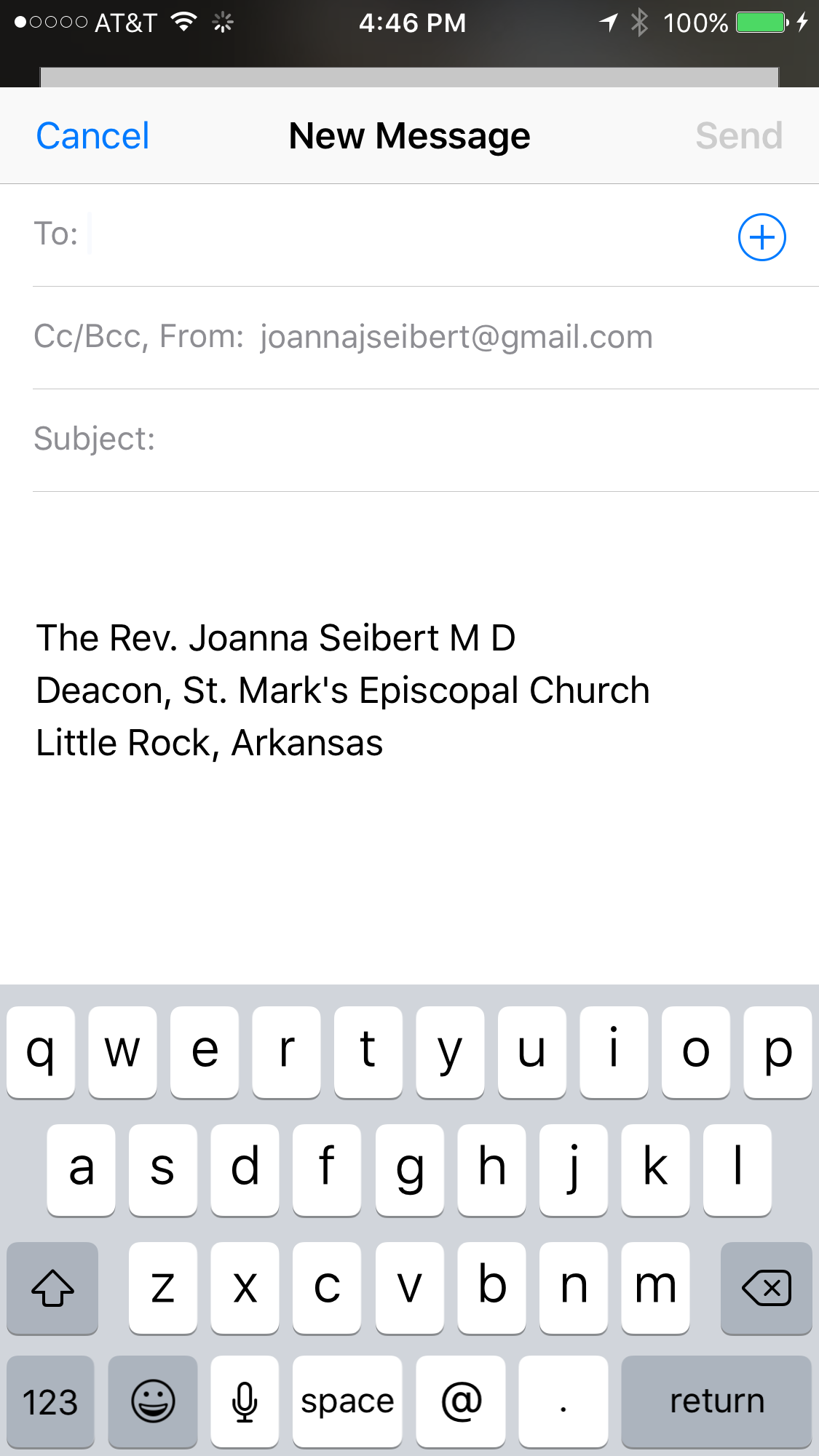Wiederkehr: Pressing the Space Bar in Our Lives
“Long ago, when I was learning to type, I used to delight in typing letters to my friends without pressing the space bar. Now when you don’t press the space bar, you’ve got a real mess, and there is much decoding to be done. It is the spaces in between that enable us to understand the message.”—Macrina Wiederkehr in The Song of the Seed: A Monastic Way of Tending the Soul (HarperOne, 1997).
I remember reading this message from Sister Wiederkehr more than twenty years ago, and it still jumps off the page for me. She reminds us that many forget to press the space bar in our lives. She calls it hurry sickness. After finishing this email, project, phone call, or meeting, we will rest. But we always have something else to do, and the rest never happens. Macrina calls us to regular spaces of contemplation or meditation, or silence at intervals in our lives.
One of my favorite definitions of such a “space” is to stop what we are doing and attend a Quaker meeting in our heads. Macrina reminds us of a Native American admonition to listen, or our tongue will keep us deaf! I often experience this when I wake up in the morning, and suddenly an answer or idea about my writing comes after that long rest during the night. Likewise, when I stop to say prayers at daily intervals, life is more peaceful. But I can so easily become the driver of a Mack truck coming down a steep hill without brakes, and hurriedly rushing during the day from task to task without stopping.
Today, my best help in “spacing” is looking up intermittently from my floor-to-ceiling window on the other side of my desk and watching the birds at my feeder. Sometimes they actually speak and call me to prayer.
Our computers and iPhones are also speaking to us. Have you ever noticed how much bigger the space bar is than the letter keys?
Give thanks today for Macrina and the many lives she touched in Arkansas and worldwide.

